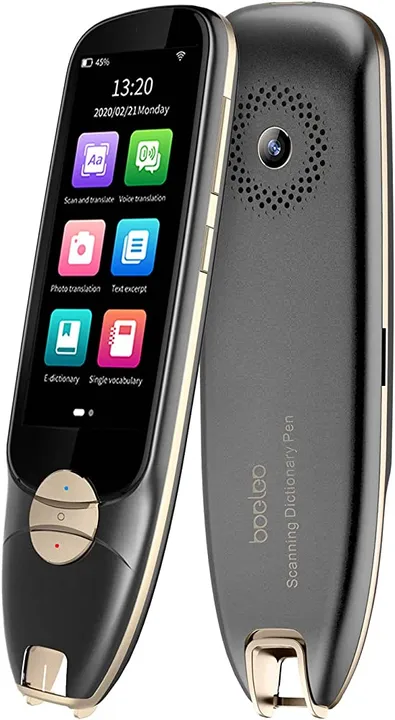What do you call a mobile in different languages?

Introduction: The Many Names of Mobile Phones
As a technology enthusiast and an avid traveler, I've always been fascinated by the different ways people refer to their mobile phones in various languages. This article will explore the names used for mobiles in different languages, shedding light on how language and culture influence our perception of these essential gadgets. So, join me on this linguistic journey as we discover the many names of mobile phones across the globe!
1. Spanish: El Móvil or El Celular
In Spanish, you can refer to a mobile phone as either "el móvil" or "el celular." The word "móvil" comes from the term "teléfono móvil," which translates to "mobile phone," while "celular" is short for "teléfono celular," meaning "cellular phone."
While both terms are widely understood, "móvil" is more commonly used in Spain, whereas "celular" is more prevalent in Latin American countries. This distinction reflects the influence of regional dialects and cultural preferences on the vocabulary used to describe mobile phones.
2. French: Le Portable
In French, a mobile phone is called "le portable," which directly translates to "the portable." This name highlights the key feature of mobile phones – their portability, allowing us to stay connected wherever we go. It's worth noting that "le portable" is used in both France and French-speaking regions in Canada, showcasing the consistency in the French language across different regions.
3. German: Das Handy
Interestingly, the Germans call mobile phones "das Handy," which may sound like an English term, but it's a uniquely German name. The word "Handy" comes from the English word "hand," emphasizing the hand-held nature of mobile phones. It's a great example of how languages borrow words from one another and adapt them to suit their own linguistic and cultural contexts.
4. Italian: Il Cellulare
Similar to the Spanish term "el celular," Italians call mobile phones "il cellulare." The word "cellulare" is derived from "telefono cellulare," meaning "cellular phone." This name highlights the cellular network technology that enables mobile communication, which is a common theme across many languages.
5. Portuguese: O Telemóvel or O Celular
In Portuguese, you can refer to a mobile phone as either "o telemóvel" or "o celular." Much like in Spanish, the choice of term varies depending on the region. "Telemóvel" is the preferred term in Portugal, while "celular" is more common in Brazil. Both names emphasize different aspects of mobile phones – "telemóvel" highlights the mobile aspect, while "celular" focuses on the cellular network technology.
6. Russian: мобильный телефон (Mobil'nyy Telefon)
In Russian, a mobile phone is called "мобильный телефон" (mobil'nyy telefon), which literally translates to "mobile phone." This name is similar to many other languages, emphasizing the mobility aspect of these devices. It's interesting to note that the Russian term uses the English word "mobile" in its name, showcasing the influence of English on the Russian language.
7. Chinese: 手机 (Shǒujī)
In Chinese, the term for mobile phone is "手机" (shǒujī), which can be translated as "hand machine." This name reflects the hand-held nature of mobile phones, similar to the German term "das Handy." It's a great example of how different languages can convey the same concept in their own unique ways.
8. Arabic: الهاتف المحمول (Alhatif Almahmul)
In Arabic, the term for mobile phone is "الهاتف المحمول" (alhatif almahmul), which translates to "portable phone." This name emphasizes the portability aspect of mobile phones, much like the French term "le portable." It highlights how diverse languages can share similar ideas and concepts, despite their differences.
9. Japanese: 携帯電話 (Keitai Denwa)
Last but not least, in Japanese, mobile phones are called "携帯電話" (keitai denwa), which translates to "portable phone." This name, like many others, highlights the key feature of mobile phones – their portability. The Japanese term also reflects the influence of the English language on modern Japanese vocabulary, as "keitai" comes from the English word "carry."
Conclusion: Celebrating Linguistic Diversity
As we've seen, the names for mobile phones in different languages reflect various aspects of these devices, such as their portability, hand-held nature, or the cellular network technology that enables communication. These diverse names showcase the richness of human languages and the way they adapt and evolve to incorporate new ideas and concepts. So, next time you travel or interact with people from different cultures, remember to appreciate the linguistic diversity that connects us all in our shared experience of using mobile phones.
